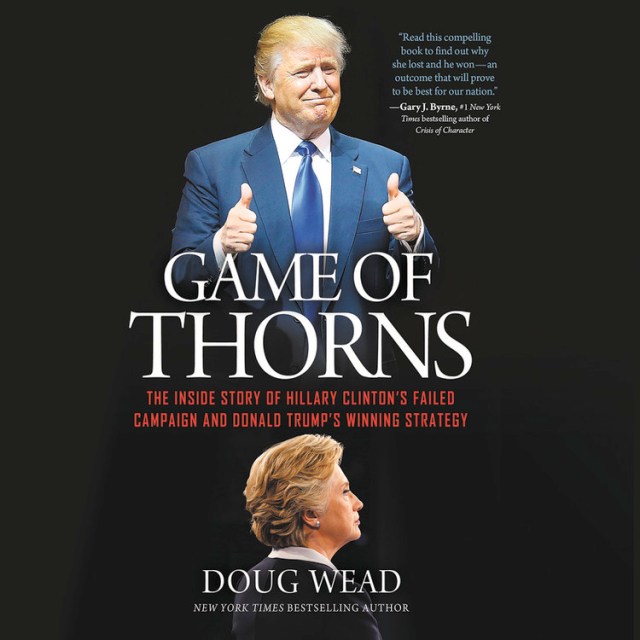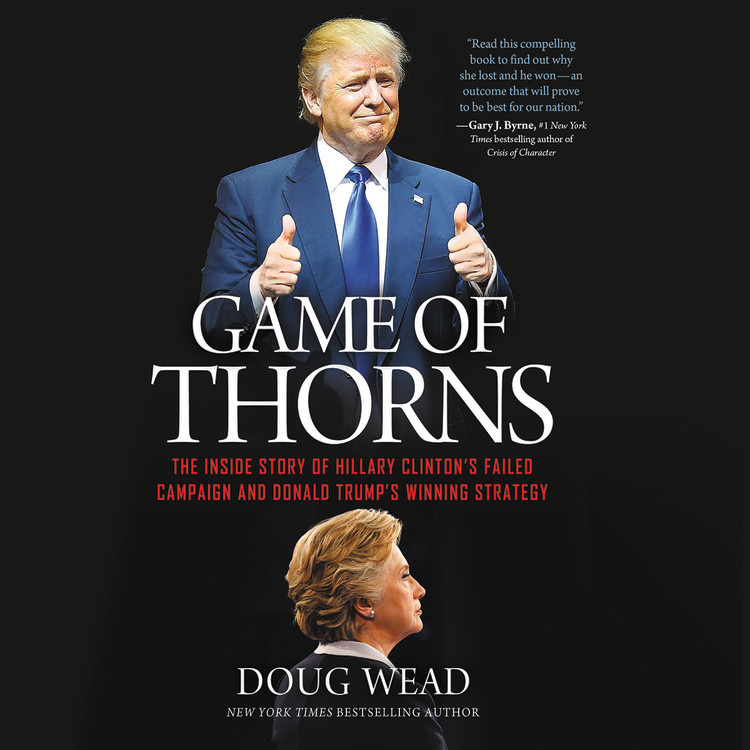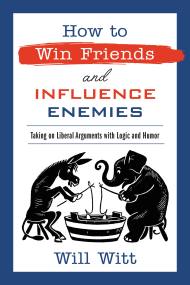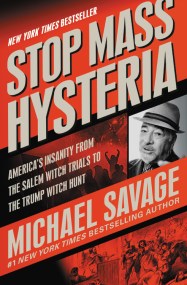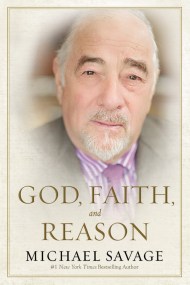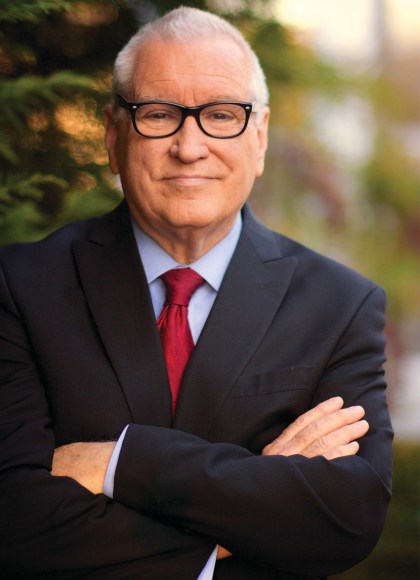Promotion
Use code MOM24 for 20% off site wide + free shipping over $45
Game of Thorns
The Inside Story of Hillary Clinton's Failed Campaign and Donald Trump's Winning Strategy
Contributors
By Doug Wead
Read by Doug Wead
Formats and Prices
Format
Format:
- Audiobook Download (Unabridged)
- ebook $10.99 $13.99 CAD
- Trade Paperback $18.99 $23.99 CAD
This item is a preorder. Your payment method will be charged immediately, and the product is expected to ship on or around February 28, 2017. This date is subject to change due to shipping delays beyond our control.
Also available from:
Here is the first, insider, account of the precipitous fall of Hillary Clinton. How the scandals of a lifetime finally reached critical mass. How, in the last few days of the campaign, some on her staff saw the ghostly shroud of defeat creeping over them but were helpless to act, frozen by the self-denial of the group.
Here is an explanation of why the national media and their corporate owners kept Joe Biden and Elizabeth Warren out of the race. Why they wanted their investment in the Clinton’s to work and how they were willing to go to great lengths to make that happen.
Don’t have time to read the thousands of leaked emails from inside the Clinton machine?
The author has done it for you and has come back from the experience with a stunning peek into the world of a political leader who privately declared that she wanted a hemisphere “with open trade and open borders.”
Finally, here is the story of the rise of Donald Trump.
How his opponents sought to derail him.
This is the story of how Donald Trump’s message and brand transcended the traps laid by his enemies. How, against all odds, he won the presidency. And here are the details of his plan to make American great again.
Here is an explanation of why the national media and their corporate owners kept Joe Biden and Elizabeth Warren out of the race. Why they wanted their investment in the Clinton’s to work and how they were willing to go to great lengths to make that happen.
Don’t have time to read the thousands of leaked emails from inside the Clinton machine?
The author has done it for you and has come back from the experience with a stunning peek into the world of a political leader who privately declared that she wanted a hemisphere “with open trade and open borders.”
Finally, here is the story of the rise of Donald Trump.
How his opponents sought to derail him.
This is the story of how Donald Trump’s message and brand transcended the traps laid by his enemies. How, against all odds, he won the presidency. And here are the details of his plan to make American great again.
Genre:
-
"Read this compelling book to find out why she lost and he won-an outcome that will prove to be best for our nation."Gary J. Byrne, #1 New York Times bestselling author of Crisis of Character
-
"A great book... GAME OF THORNS gets you behind the scenes...I mean REALLY behind the scenes. Doug is respected by everybody...so he has access to everybody....It's going to be a best seller. I don't care if you're left or right on this... it's an amazing tick-tock of what went wrong and it is from a presidential historian -- not some cockamamie person."Neil Cavuto, Cavuto Coast to Coast
-
"GAME OF THORNS is a fascinating study of 2016 US presidential elections. Wead busts all myths created and supported by what has come to be known as fake news. Wead convincingly shows that President Trump won the elections because of a superior strategy in spite of all odds in favor of Hillary Clinton. GAME OF THORNS is a deeply researched book and provides deep insight into the election strategies of both President Trump and Hillary Clinton, as well as the American election system. GAME OF THORNS is the best book on the 2016 presidential elections and is likely to remain so in the future. It is a must read to understand American politics."The Washington Book Review
- On Sale
- Feb 28, 2017
- Publisher
- Hachette Audio
- ISBN-13
- 9781478949688
Newsletter Signup
By clicking ‘Sign Up,’ I acknowledge that I have read and agree to Hachette Book Group’s Privacy Policy and Terms of Use
